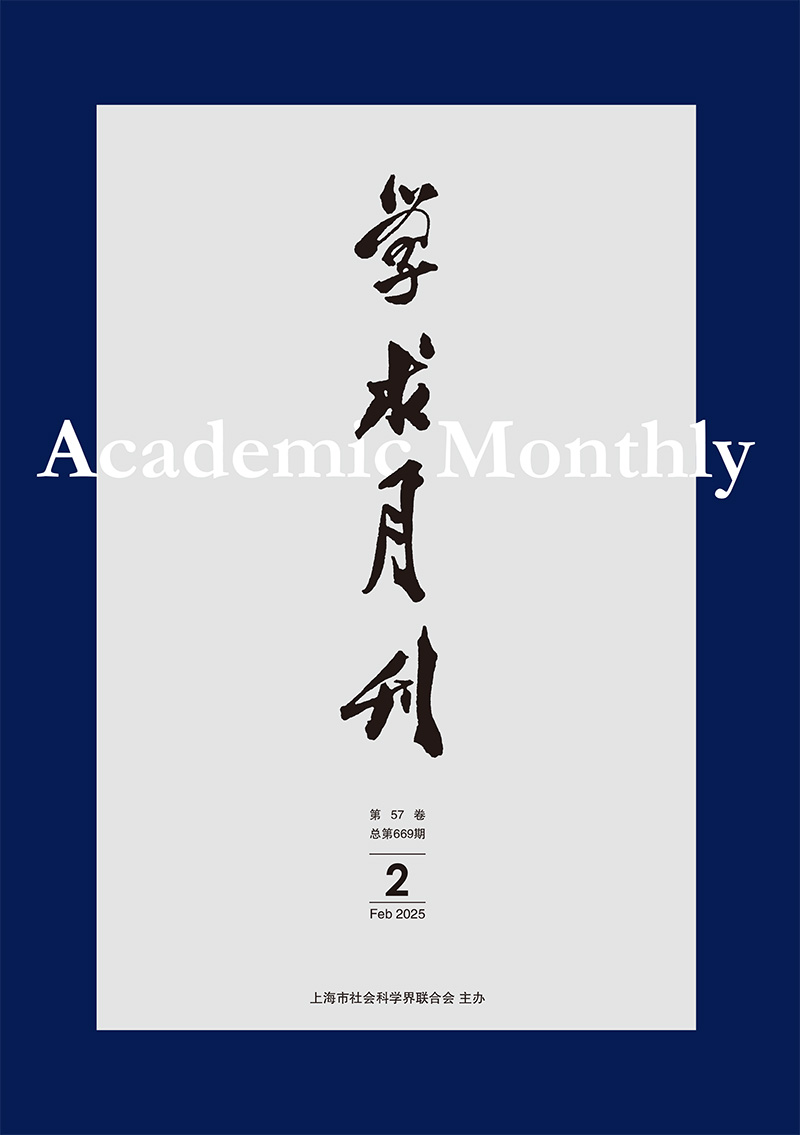Delving into the Nexus of Heaven and Humanity: The Conundrum of Kang Youwei and the Universal Dilemma—A Study Commencing with Fei Xiaotong
Abstract: Fei Xiaotong’s intellectual journey marked a pivotal shift,from an early focus on the private realm’s differential mode of association to a later advocacy for a public-sphere concept of universal harmony,thus perpetuating the dialogue on universal harmony that originated in the late Qing Dynasty within the context of contemporary historical conditions.Within the field of sociology,while the concept of differential mode of association has left an indelible mark,the discourse on universalism in the realm of universal harmony remains underexplored.Against this backdrop,this paper embarks on a fresh examination of Kang Youwei’s doctrine of universal harmony from Fei Xiaotong’s vantage point,positing that the crux of differentiating between universal harmony and moderate prosperity hinges on the dichotomy between heaven and progenitors.Kang Youwei’s quandary at the nexus of heaven and humanity underscores the intrinsic challenges that universality,viewed from a Chinese perspective,has grappled with since modern times.Fei Xiaotong’s mature reflections on a harmonious world that accommodates diversity stand in contrast to Kang Youwei’s radical egalitarian vision of universal harmony,endeavoring to revive the approach of “expanding” from the differential mode of association to the ideal of universal harmony.His philosophical underpinnings,while rooted in Confucianism,encompass the historical narrative of China’s multi-ethnic unity and a contemplation of Western strategies for managing ethnic relations,signifying a significant endeavor to invigorate Chinese-originated universality in the age of globalization.



 沪公网安备 31010102003103号
沪公网安备 31010102003103号 DownLoad:
DownLoad: